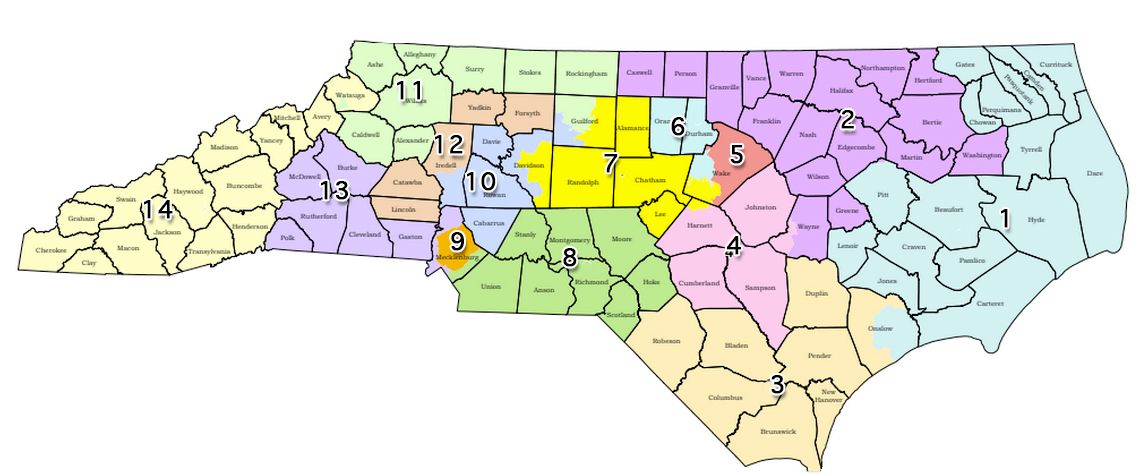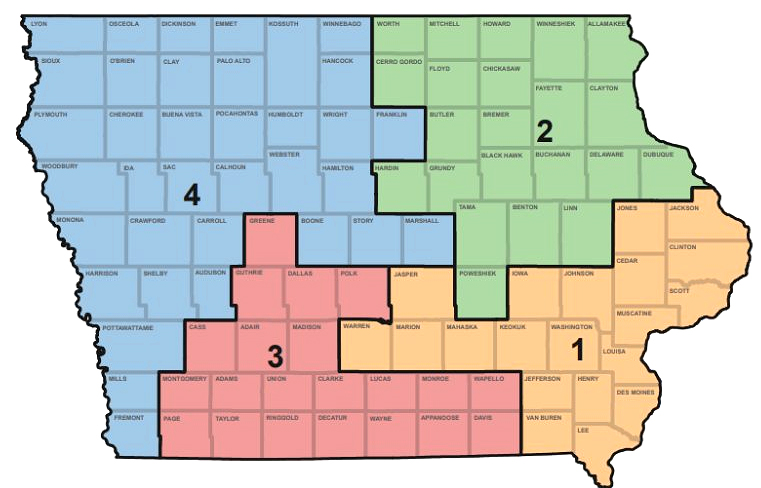By Jim Ellis
 March 2, 2022 — Sen. Jim Inhofe’s (R-OK) impending resignation has begun an Oklahoma game of political musical chairs. One member of the Sooner State US House delegation announced that he will run in the special election, and another is soon expected to follow suit.
March 2, 2022 — Sen. Jim Inhofe’s (R-OK) impending resignation has begun an Oklahoma game of political musical chairs. One member of the Sooner State US House delegation announced that he will run in the special election, and another is soon expected to follow suit.
A third member, a committee chairman from Florida, announced that he will resign to become CEO of an advocacy organization. Finally, a freshman from Hawaii is sending signals that he won’t seek a second term.
Oklahoma Rep. Markwayne Mullin (R-Westville) is now a US Senate candidate, formally entering the special election to succeed resigning Sen. Inhofe. Inhofe will serve through the balance of this year, with his successor coming from the regular election calendar and taking office at the beginning of the next Congress.
Rep. Mullin announced his statewide intentions Monday, and his move will create a crowded Republican primary in the state’s easternmost congressional district, a newly drawn 2nd CD that would have supported former President Donald Trump with a whopping 76-22 percent margin.
Reports suggest that two-term Rep. Kevin Hern (R-Tulsa) will also soon join the Senate race and risk his safely Republican district anchored in the state’s second largest city of Tulsa. Both will oppose now-former Inhofe chief of staff Luke Holland, whom the senator is publicly supporting.
Additionally, state Sen. Nathan Dahm (R-Broken Arrow), who was challenging Sen. James Lankford in the regular Senate election, said that he, too, will switch to the open special election. Sen. Lankford’s other primary opponent, pastor Jackson Lahmeyer, indicated that he will also likely move to the open special election contest. Former state House Speaker and 2016 US Senate candidate T.W. Shannon is another potential Republican Senate candidate.
As sitting members, both Reps. Mullin and Hern can transfer their federal money raised for their House campaigns to a Senate committee. At the end of the year, Rep. Mullin had more than $944,000 in his account, and Rep. Hern just under $560,000. State Sen. Dahm had just under $83,000 in his US Senate campaign account. It is clear the Oklahoma Senate primary will become a major nomination campaign.
The Sooner State candidate filing deadline is April 15 for the June 28 primary election. Should no candidate receive majority support, which is a likelihood, a runoff election between the top two finishers will be held on Aug. 23.
Also, Florida Rep. Ted Deutch (D-Boca Raton), chairman of the House Ethics Committee, announced on Monday that he will be leaving Congress when the House recesses to accept a position to run the American Jewish Committee advocacy organization.
Deutch first came to the House when winning a 2010 special election after then-Rep. Robert Wexler (D) resigned the seat, and leaves what is now a safely Democratic domain in which over 80 percent of the constituency lies in Broward County and the other 20 percent in Palm Beach County. The current 22nd District supported President Biden, 57-42 percent, but with redistricting still not completed in Florida Republican map drawers may find it more appealing to significantly change the district boundaries with no incumbent on the succeeding ballot.






